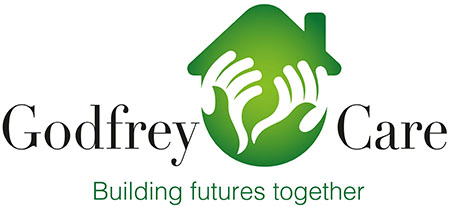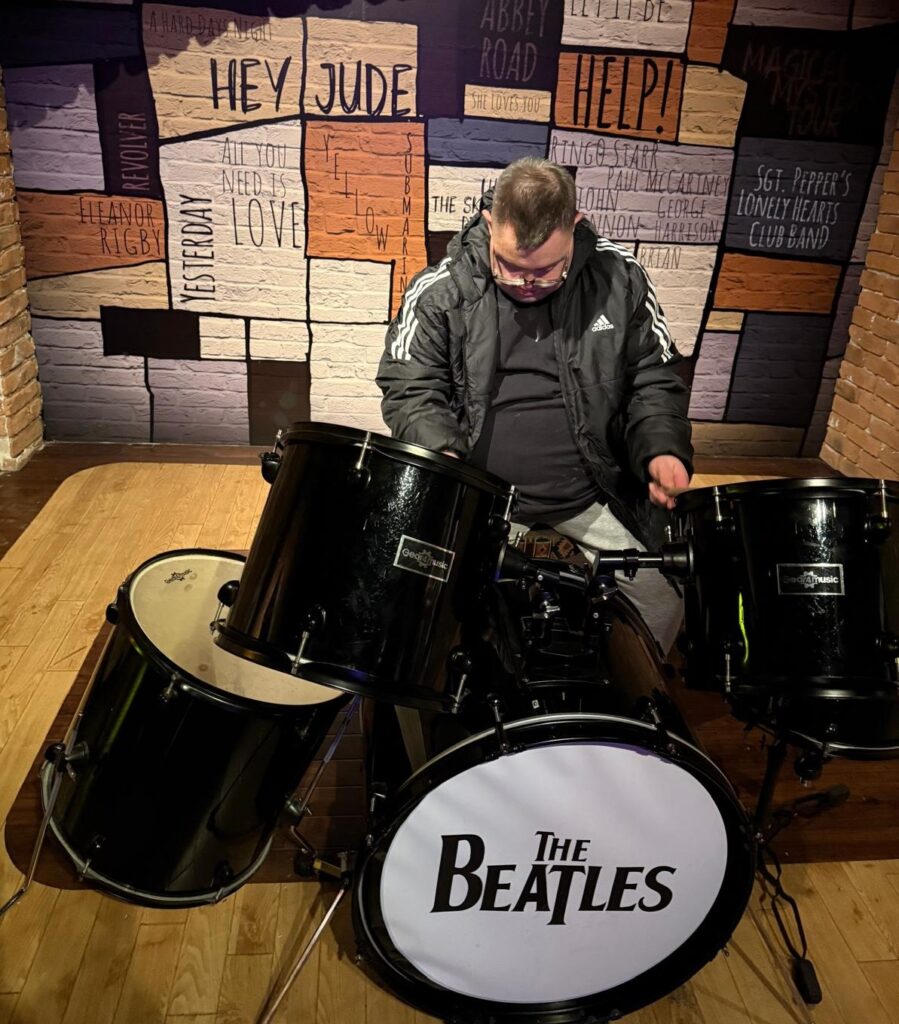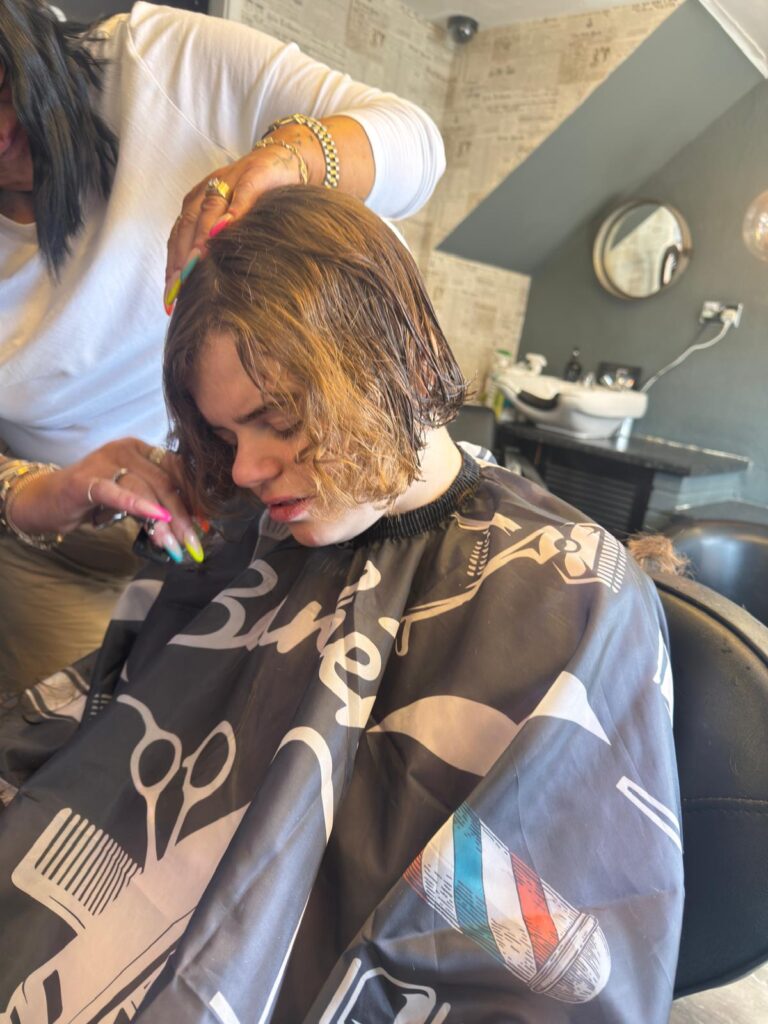Godfrey Care are delighted to announce the arrival of a new member of our team following the appointment of Jemma Frost as our People and Culture Lead.
With over 12 years’ experience in Human Resources—particularly within the Health and Social Care sector—Jemma brings a wealth of expertise, insight, and passion to this role. Her empathetic leadership style and deep understanding of workforce dynamics have consistently driven positive change in the organisations she’s worked with.
Jemma holds a CIPD Level 5 in People Management, a Level 2 Certificate in Counselling Skills, and is a qualified Mental Health First Aider (Level 3). Her qualifications reflect her holistic approach to supporting people—not just as professionals, but as individuals. Jemma is especially passionate about mentoring and helping others reach their full potential.
Godfrey Care CEO, Hayder Atia, said:
“We’re very excited to have Jemma’s exceptional experience and credentials driving the development of our people and culture. Her values are very much aligned with ours – Jemma is a true advocate for openness, transparency, and collaboration. Jemma has an outstanding track record of success in creating inclusive workplace cultures where everyone feels empowered to grow and thrive.”
We’re excited for the positive impact Jemma will bring —welcome aboard!


